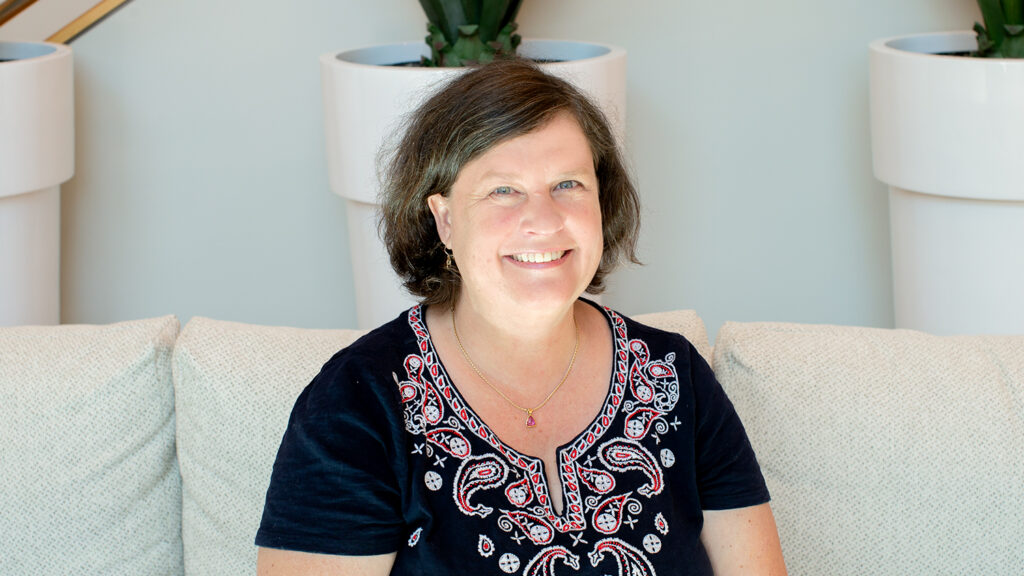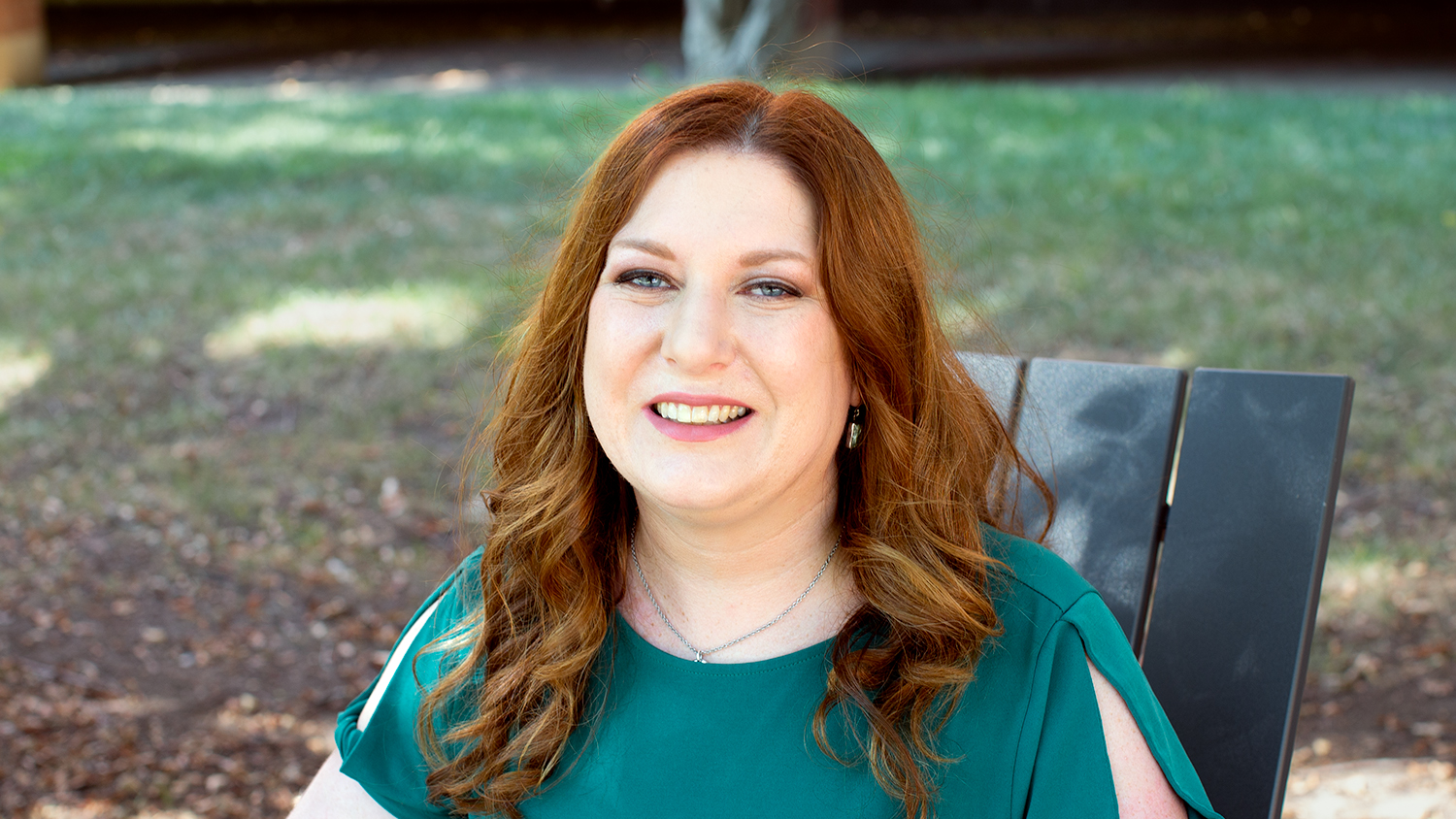DELTA Ushers In Open Educational Resources at NC State

In collaboration with Top Hat Marketplace, DELTA is lowering costs for students and raising the bar for textbooks at NC State.
Over the fall 2018 and spring 2019 semesters, DELTA launched the Top Hat Open Educational Resources (OER) pilot program, seeking to reduce the high prices that students pay to access textbooks and additional resources in their courses. While these materials are crucial to their success, students must often consider cost when deciding whether or not to place an order. This program works to lift the financial burden from students’ shoulders by providing free- to low-cost, high-quality course content.
In August 2018, DELTA reached out to NC State faculty with a call for participation in the pilot program. Interested faculty could apply to adopt and customize existing course material or author original content with materials from the Top Hat Marketplace, the organization’s home for OER materials, to then implement in the classroom. In addition, Top Hat representatives suggested potential participants to DELTA throughout fall and spring.
Ten faculty members were chosen by DELTA to participate based on their course’s compatibility with the program’s goals to test the Marketplace’s functionality and increase savings to students. DELTA provided them each with $2,000 and Top Hat provided one-on-one assistance from Top Hat instructional designers. Faculty worked throughout fall 2018 to compile new materials and adjust their courses for the spring 2019 semester, when their traditional textbooks were replaced with the new OER content.
Out of five participants who responded to a survey after completing the program, 60% authored a new textbook, 20% selected an existing textbook and 20% remixed one or more textbooks. 40% of the books created became a required text for the course. The pilot program served classes between 50 and 400 students per academic year.
Remixing a text –– editing, rearranging, adding or deleting existing content –– provides faculty with the freedom to supplement it in areas that are lacking or remove content that is not relevant to the course. Unlike traditional textbooks, this capability allows instructors to incorporate games, quizzes and homework, provide the latest information, and fine-tune the text to address student needs.
While not all Top Hat textbooks are free of charge –– some participants charged between $35 and $40 for their new text –– several participants were able to provide their book to students at no cost. A participant who had previously stopped requiring a traditional textbook due its price now offers their students a free Top Hat textbook. Those who did charge still reported a significant reduction in course costs for students. As a result of the 10 projects, DELTA expects a total student savings of $100,970 per year.
Additionally, anyone can access and use OpenStax materials on the Top Hat Marketplace. OpenStax is an organization that distributes free textbooks and resources with assured quality. At least one participant reported providing their students with an OpenStax book for free.
Student response to the program and its materials has been largely positive. Participants have noticed that their students enjoy the accessibility and interactivity of Top Hat textbooks, with some using them to study and enhance lecture notes. In-chapter questions help to keep students engaged as they read. While some students like having digital access and design features, others have noted that the text can appear bland, and some people simply prefer holding a physical book in their hands.
Of course, students appreciate the affordability of their new materials.
“I’m always looking for ways that students can access high quality course materials for reduced or free cost. Particularly for STEM students who may already have extra fees for lab courses and materials, any cost savings is important,” says Teaching Assistant Professor Alice Lee. “Students have commented about how much they appreciate having the free online text available.”
Several participants remarked that their students were pleased with the reduced cost of the Top Hat textbooks.
“They like the extra free resources from OpenStax,” adds Lee.
DELTA has taken note. A committee of six NC State faculty and staff members assembled in June 2019 to oversee NC State’s prospective participation in the OpenStax Institutional Partner Program. The program seeks to expand the adoption of open educational resources –– particularly textbooks –– by supplying free coaching, planning, training and support to participating institutions.
The group is led by Director, Instructional Innovation Services for DELTA David Howard and Director, Copyright & Digital Scholarship Center for NC State University Libraries Will Cross. Members are well represented from across the university, including DELTA’s Stacy Gant, Melissa Ramirez from the Department of Biological Sciences, David Tully from NC State University Libraries and Christopher Walsh from NC State Bookstores.
If accepted, the committee will work over a 12-month period to introduce more OER materials to the university and connect with faculty members who are interested in using them. Afterward, members will continue to serve as mentors, monitors and representatives for OER implementation at NC State.
With both the completed pilot program and prospective participation in the OpenStax Institutional Partnership Program, DELTA and NC State have cemented their leadership in OER adoption and innovative learning, simultaneously demonstrating a strong commitment to achieving and enhancing student success.
- Categories:


